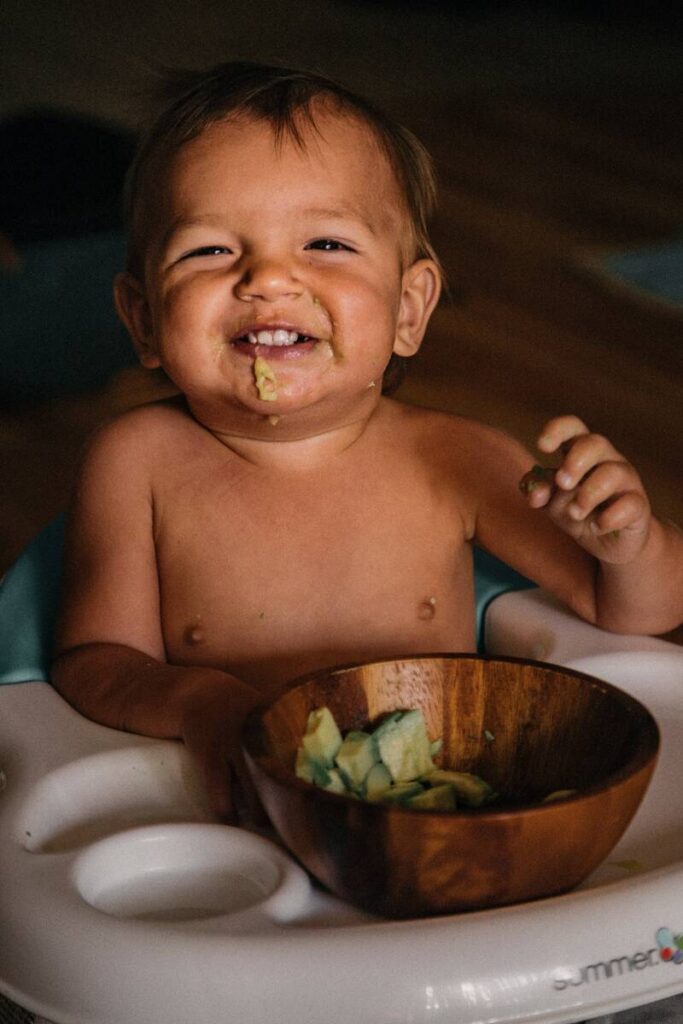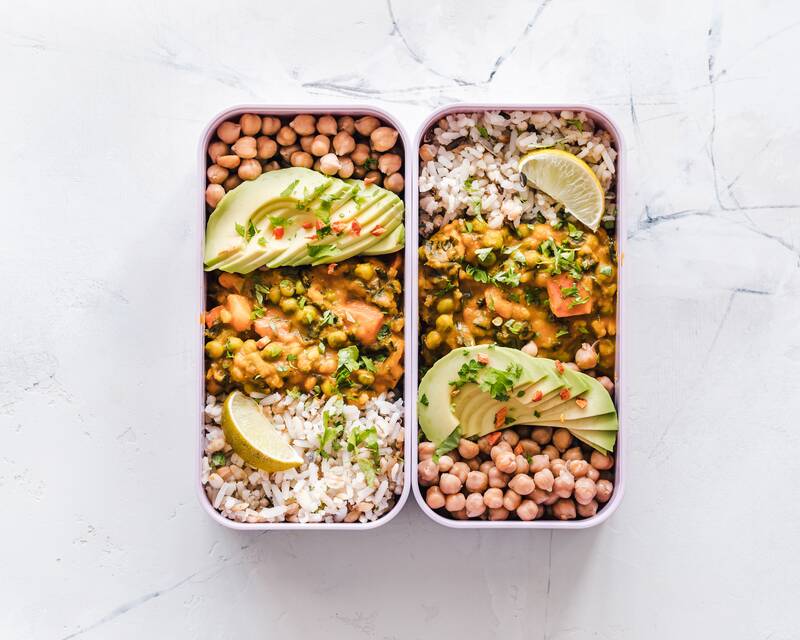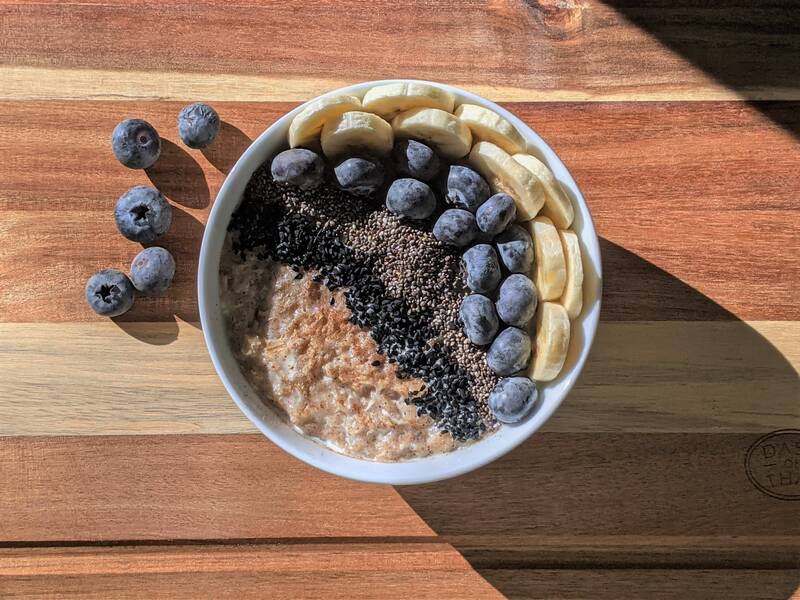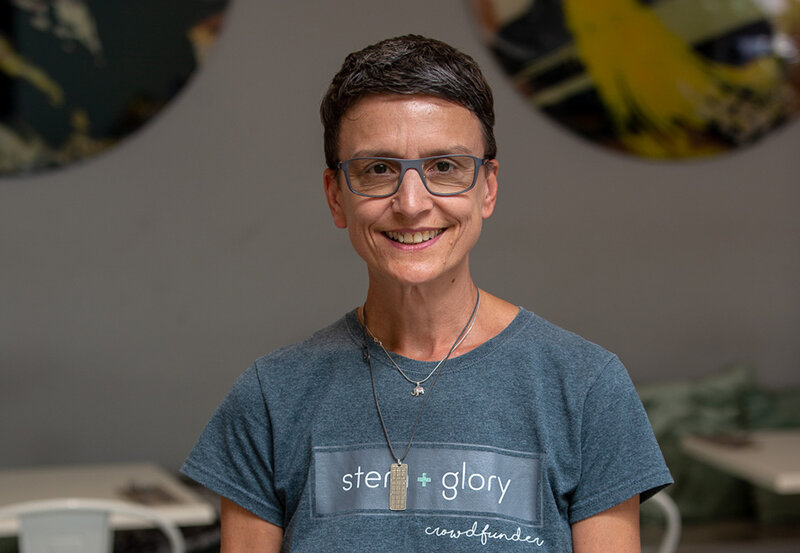By Louise Palmer-Masterton, Stem & Glory
Sherlock Holmes, Tyrion Lannister and Silent Bob are vegans. Well, Benedict Cumberbatch,
Peter Dinklage and Kevin Smith are vegans. That’s fine for them, with Hollywood
nutritionists on speed dial (maybe), but what do you do if your little star comes home with
the news that they want to be like Doctor Strange, or Ariana Grande?
The answer is not panic!
Some people question if a vegan diet is safe for children, but the world is full of healthy
vegan children with parents who ensure plant-based meals balance protein and healthy fats,
and pay particular attention to vitamin D, vitamin B12, calcium, zinc and iron.
The first thing you need to do if you are considering raising vegan children is to educate
yourself. If you don’t already love to cook, it is time to embrace your inner Hugh Fearnley-
Whittingstall (go team Ramsey if you’re feeling a bit sweary about it) and begin a love affair
with lentils, beans, nuts, seeds and a wild array of vegetables.
But before we get to that, a few thoughts for mothers-to-be and plant-based diets.
The best possible start in life for your baby is breastfeeding, and for you to eat a healthy and
balanced diet whilst feeding. It’s wise for this reason that you continue to take a pregnancy
safe vitamin supplement. That will pass on the best possible nutrition to your child. Don’t be
in a hurry to stop breastfeeding. There are no vegan baby formula milk products currently in
the UK market, although they will no doubt emerge in the not-too-distant future. Do not be
tempted to give your infant plant-based milk substitutes, as they will not have the nutrition
your child needs (same goes for feeding an infant plain cow’s milk).

Every child is different when it comes to weaning, my eldest breastfed until more than two
years old, and the Vegan Society advice is to continue breastfeeding until your child is two
years old if possible. My youngest however stopped the minute they discovered proper food
at 10 months, so don’t beat yourself up if your child doesn’t seem to want to keep
breastfeeding. If you do stop breastfeeding before two years, you will need to pay special
attention to a good balance of nutrition, minerals and vitamins. If this is the case, and you
are worried about this, consider fortified baby foods such as baby cereal.
Both my children were weaned first on blended banana and avocado, which is a legend in
our house, and graduated to blended lentils and vegetables, thick soups and baby versions
of what we were eating. It’s sensible to pay attention to a vegetable protein component at
each meal, for example lentils, beans or quinoa along with vegetables and healthy fats.
Babies can eat nuts and seeds, but only if ground or completely blended.
With regard to vitamin B12, which all vegans should be mindful of, there are a number of
fortified foods to consider as your child starts to eat more and breastfeed less.
The best possible thing you can do with regard to young children and B12 is get them to fall
in love with marmite (yeast extract is also good). A go-to snack of toast and marmite will
contain plenty of B12.
But what about the fussy eater who falls on the yuck! side of the Marmite fence? Be sneaky.
We use marmite in many savoury dishes, including soups, stews and the best vegan gravy
ever.
We also use Engevita flakes as a cheese substitute, sprinkled on pasta and in many sauces.
Engevita is super charged with B12.
I’d also recommend getting your children to become best friends with hummus. It’s super
nutritious and super available; hummus (there are many flavour varieties available) served
with pitta and carrot and cucumber sticks is a winner with most children. Served together in
this way, hummus and pitta is what’s called a complete protein – between them, pitta and
hummus contain the full spectrum of amino acids that you need.

There is a lot of talk about getting the full spectrum of these essential amino acids that is
generally misunderstood. Animal-based proteins contain all nine essential amino acids,
which makes them complete proteins, but it is not actually necessary to eat one food that
contains everything. That’s where the idea that vegans lack protein comes in, which is false.
Combining plant foods results in complete protein and gives exactly the same result
nutritionally.
There are a few plant-based foods that are ‘complete’ proteins on their own—they contain
the full spectrum amino acids—and these include tofu, tempeh, edamame beans, quinoa,
buckwheat, amaranth and chia seeds. Some of these can be a bit of an acquired taste for
little ones. Quinoa, for example, will likely need to be smuggled into a tasty-flavoured sauce.
But my kids always did well with edamame beans, scrambled tofu and fresh fruit chia
pudding.

However, rather than focus on just these foods, your protein repertoire can expand
massively by combining vegan proteins from different sources (like the hummus and pitta
example above) which alone are not complete, both together magically provide a complete
protein.
It’s worth noting, by the way, that 100g of wholemeal bread contains 13g of protein, which
is more than in 100g of egg, and all vegetables do have a protein component. A diet rich in
vegetables can make a significant contribution to your daily nutritional needs, including
protein.
Always keep a tin of baked beans and/or a jar of peanut butter on stand-by. A peanut butter
sandwich or beans on toast gives you instant complete protein.
Both brown and white rice when combined with beans or lentils give a complete protein.
And there are literally millions of recipes out there containing beans or lentils, rice (or other
grains) and vegetables. Just about every continent on the planet has a version of this
cuisine.
At the end of the day, whether your diet is plant-based or meat-based, it’s all about paying
attention to a protein and vegetable component with every meal, keeping an eye on where
they are getting their B12 from, providing their other nutrients from as wide variety of
vegetables of all colours and types as possible, and making their favourite dishes as
balanced and tasty as possible.
ABOUT THE AUTHOR

Louise Palmer-Masterton is founder of multiple award-winning restaurants Stem & Glory;
hip and trendy but accessible plant-based restaurants, serving delicious gourmet vegan food
from locally sourced ingredients. Stem & Glory also offers click-and-collect and local delivery
in London and Cambridge. In addition, Stem & Glory offers a range of ready meals, finish at
home pizzas, and recipe kits available for delivery across the UK.
Social Media:
Web: www.stemandglory.uk
Twitter: @stemandglory
Facebook: /stemandglory
Instagram: @stemandglory
Linked in: www.linkedin.com/in/louisepalmermasterton
www.linkedin.com/company/stem-glory
Healthy Living London’s Favourite Vegan Recipe Books







Leave a Reply